Sweaty Sleeper? Find Out Why
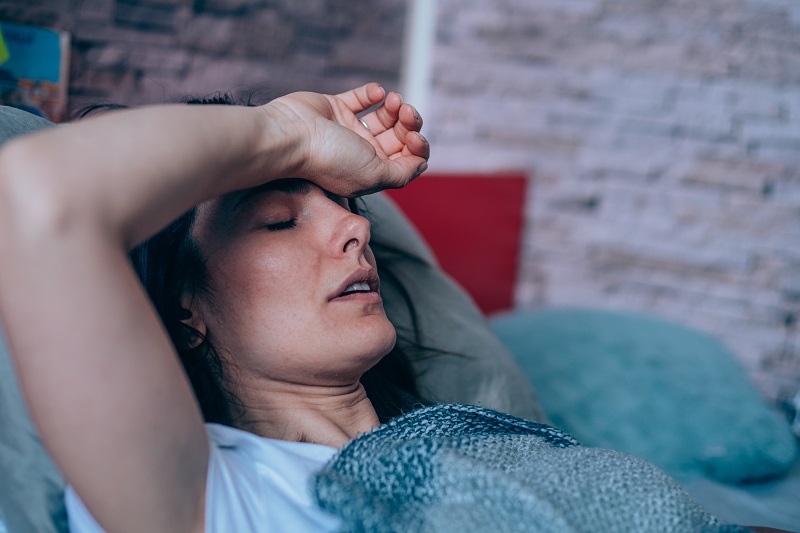
August 31, 2022
Stacey Elkhatib Smidt, M.D., MSTR, pediatric sleep neurologist, says “examining the bigger picture and determining if there are other symptoms,” is important when trying to figure out if your night sweats should be a cause for concern.
What are night sweats?
“In many cases, night sweats are a reaction to the environment, such as having a warm room or using too many blankets,” says Dr. Elkhatib Smidt.Common signs and symptoms that may be associated with night sweating are:
- Damp pillows and bedding
- Warm or reddish skin
- Or the opposite: Cool skin if you are drenched in sweat
- Disturbed sleep due to the discomfort from sweating
- Daytime dysfunction, such as sleepiness or hyperactivity, due to poor sleep
What are the most common causes of night sweats?
Although night sweating is often normal or caused by a hot environment, it can also be the result of a range of underlying medical causes:
- Allergies, asthma, or eczema
- Obstructive sleep apnea, when your throat muscles relax and block your airway, which can cause snoring, gasping, and pauses in breathing
- Insomnia
- Anxiety
- Infections, such as the common cold, COVID-19, HIV, or tuberculosis
- Endocrine disorders, such as hyperthyroidism
- Medications, such as antidepressants
- Hormonal changes like puberty or menopause
- Cancer, which can cause drenching night sweats alongside other symptoms, such as fever, nausea, vomiting, decreased appetite, or weight loss
“For children, night sweats can also be caused by sleep terrors,” adds Dr. Elkhatib Smidt. “Sleep terrors, also known as night terrors, are a parasomnia that happens during the deepest stage of non-REM sleep. Children often seem scared and have accompanying sweating and other symptoms, such as dilated pupils and flushed skin. They do not usually remember the episode the next day.”
In some cases, patients can experience idiopathic hyperhidrosis, or night sweats occurring due to an unknown cause.
When is it time to see a doctor?
“If the sweating is accompanied by other medical symptoms, at a regular frequency, or at an extreme intensity, then you should be evaluated by your medical provider,” recommends Dr. Elkhatib Smidt. “Whether your concerns are for yourself, your child, or another loved one, it is always okay to talk to your provider.”
What can I do to relieve my night sweats?
If the night sweats are related to the environment, they can be reduced by keeping the bedroom cool and using lighter pajamas and bedding. If night sweats are related to a medical cause, working on the proper diagnosis and treatment for the medical cause can help relieve sweating issues during sleep.
Next Steps & Resources:
- Our source: Stacey Elkhatib Smidt, M.D., MSTR
- To make an appointment with a health care provider near you, call 800-822-8905 or visit our website.
The material provided through HealthU is intended to be used as general information only and should not replace the advice of your physician. Always consult your physician for individual care.
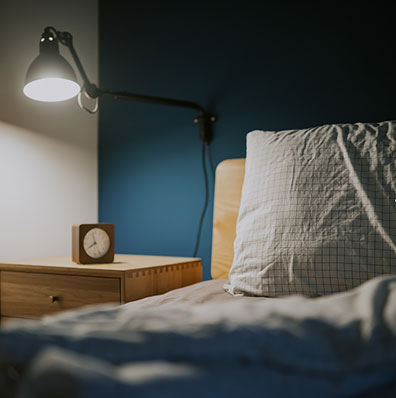
Four Doctors Share Their Sleep Habits
Up to 80% of women experience the “baby blues”. Maternal fetal medicine expert, Antonia Francis Kim, M.D. shares why this happens and how to get through it.
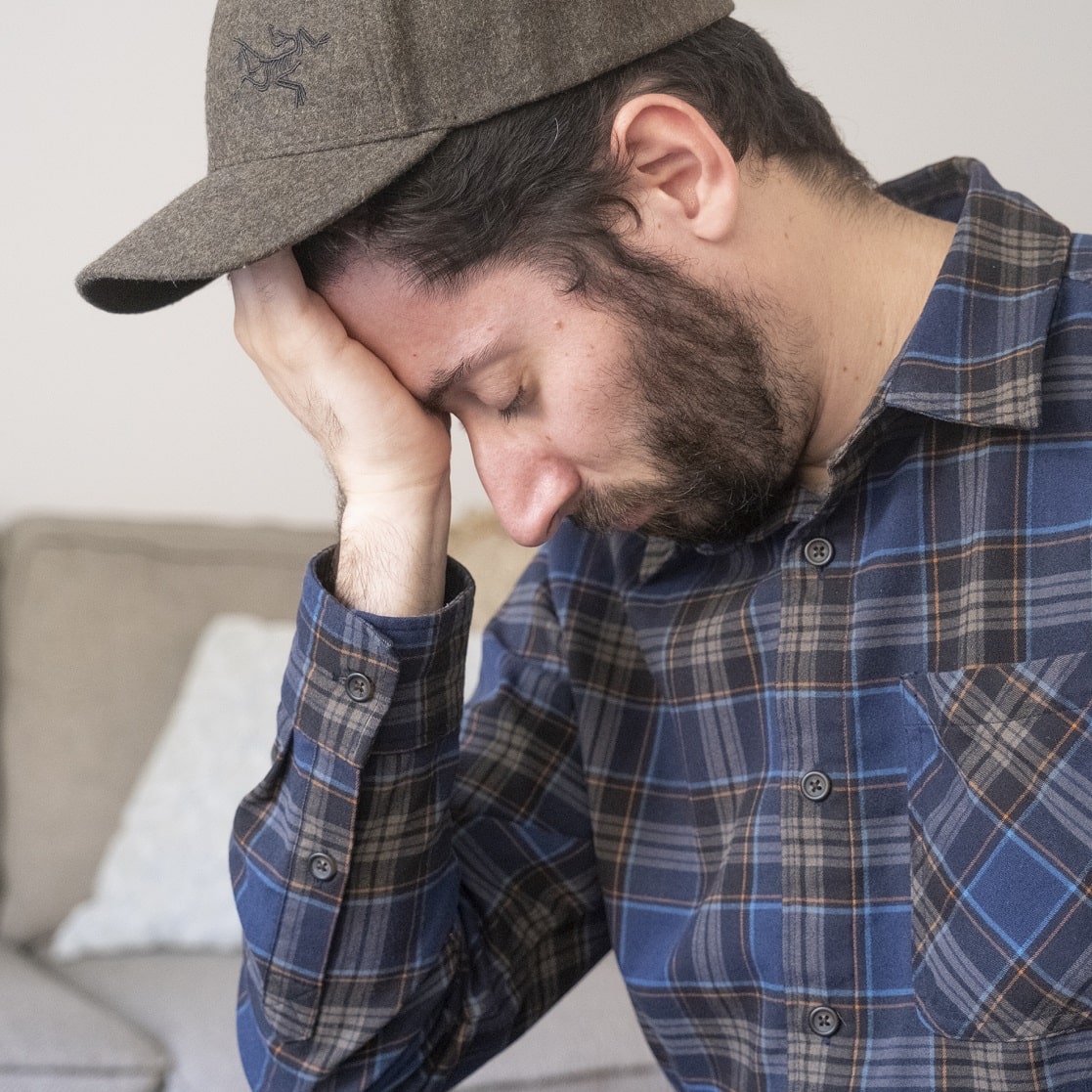
4 Reasons You Might Be Tired Often
Are you constantly feeling tired and fatigued? Here are possible reasons for that and what you can do to get better rest.
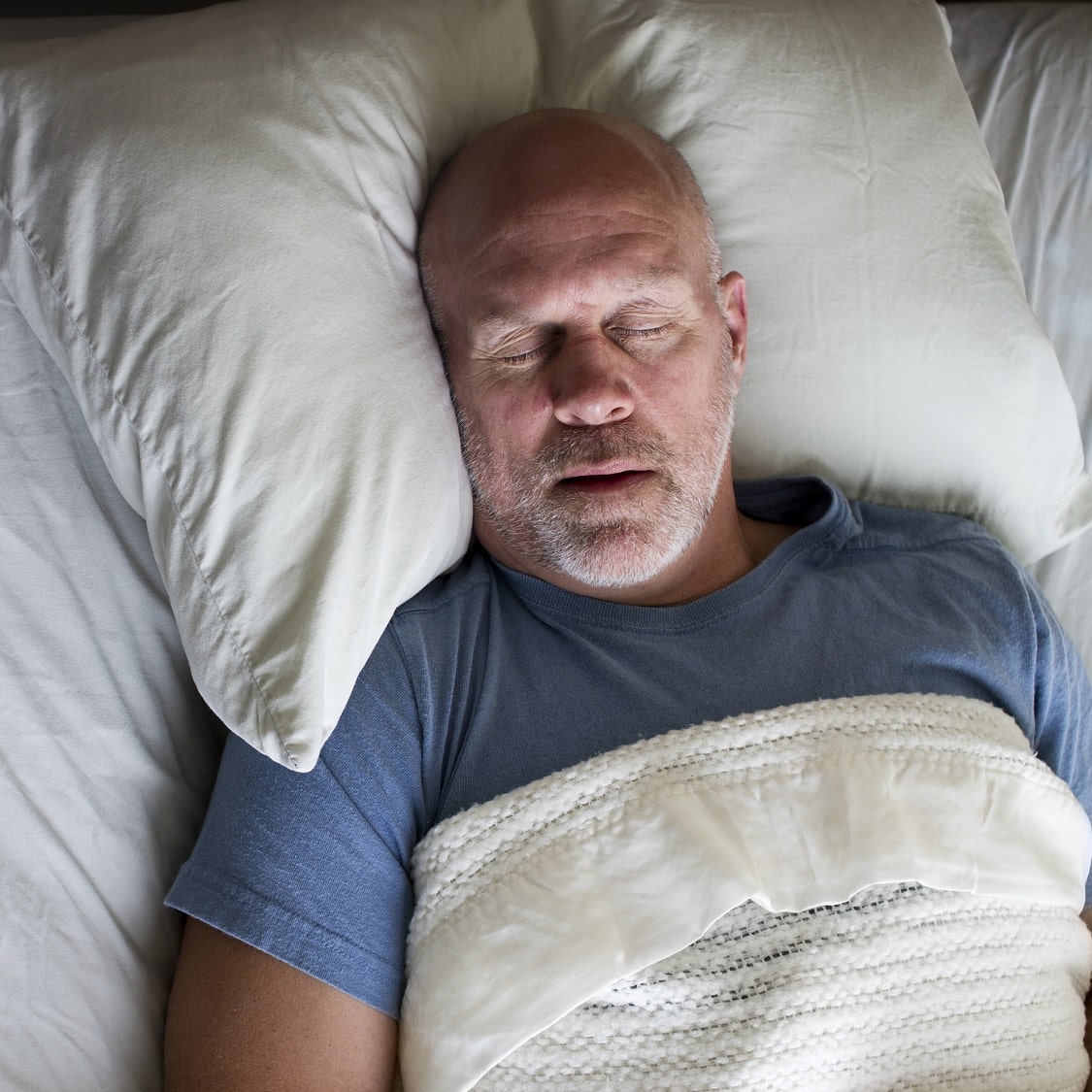
When Snoring Is a Sign of a Health Problem
Snoring can be a nuisance to anyone trying to sleep who’s within earshot of a snorer. But snoring may also be a sign of obstructive sleep apnea, a condition that may increase the risk of high blood pressure, heart attack or stroke.
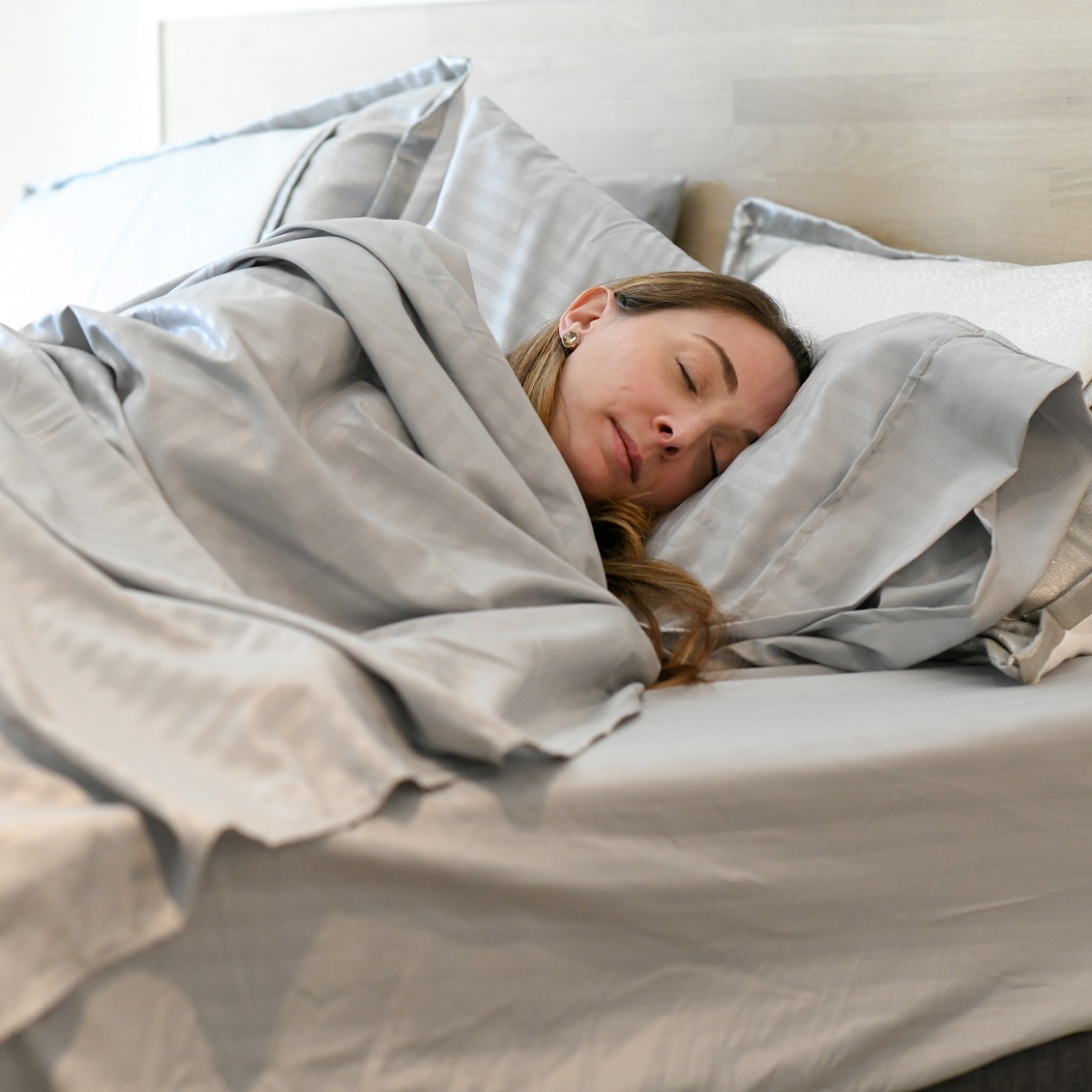
Is Magnesium Good For Relaxation & Sleep?
Blackout curtains, limiting screen time before bed or cutting down on caffeine, there are tons of recommendations for better sleep hygiene to help with a better night’s sleep, but what about magnesium?
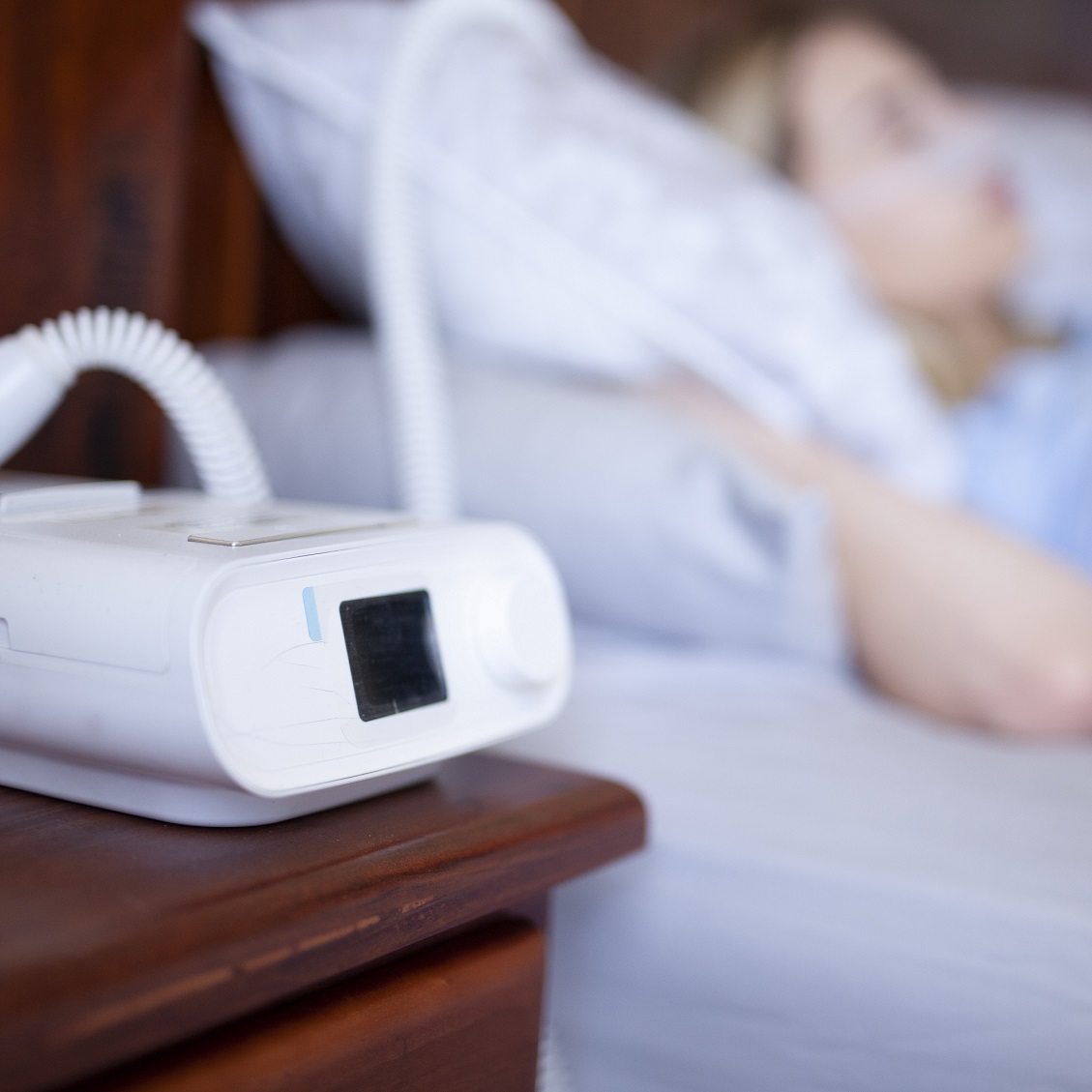
Suffering from Obstructive Sleep Apnea? Here’s a CPAP Alternative
An innovative implantable treatment for obstructive sleep apnea offers new hope for better sleep.
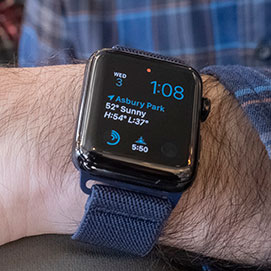
Can Wearables Help You Sleep Better?
Are you one of the millions of Americans who began wearing activity trackers like Fitbit, Apple Watch or Oura Ring in recent years?